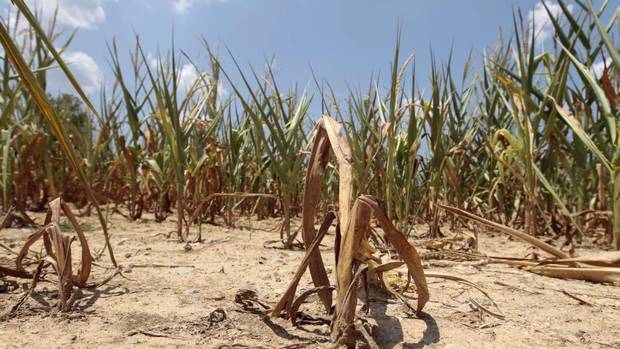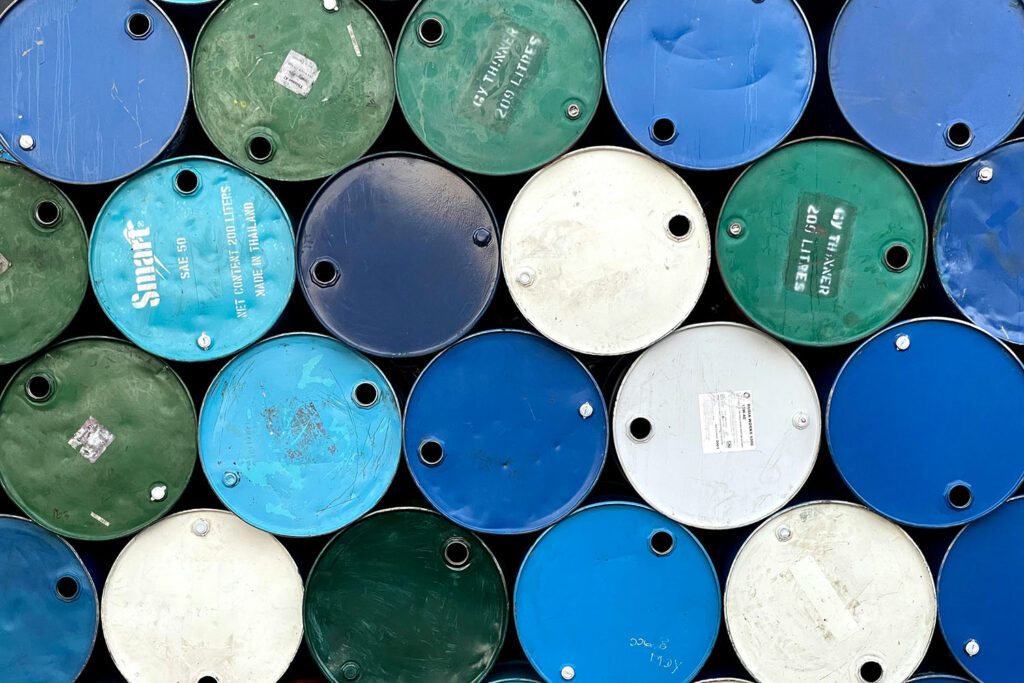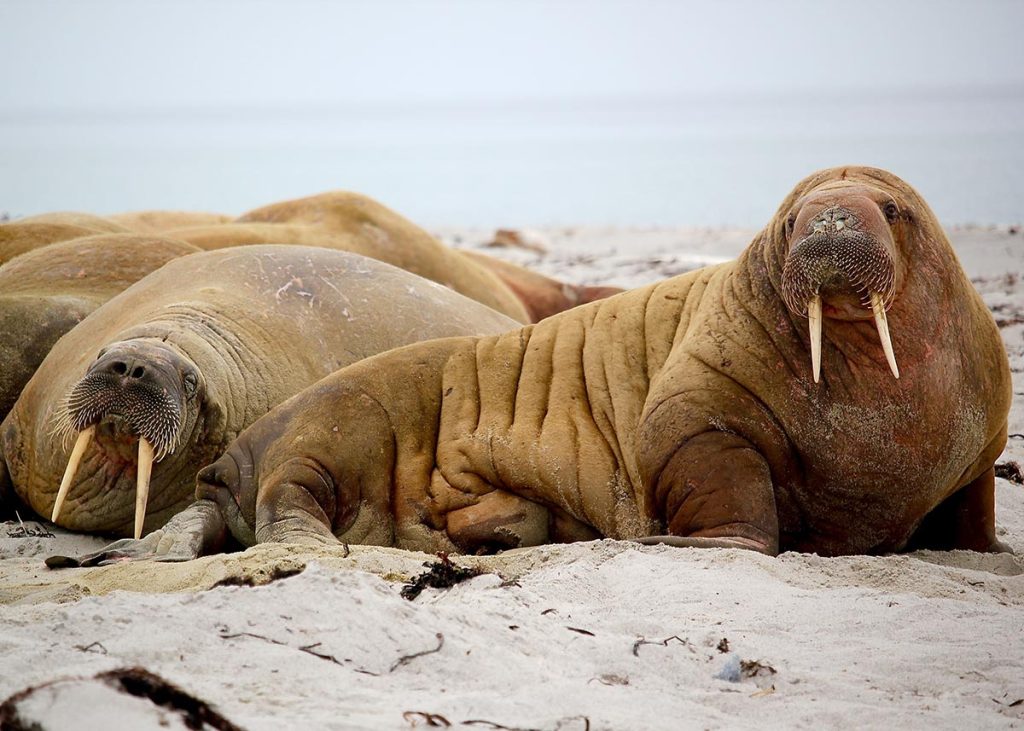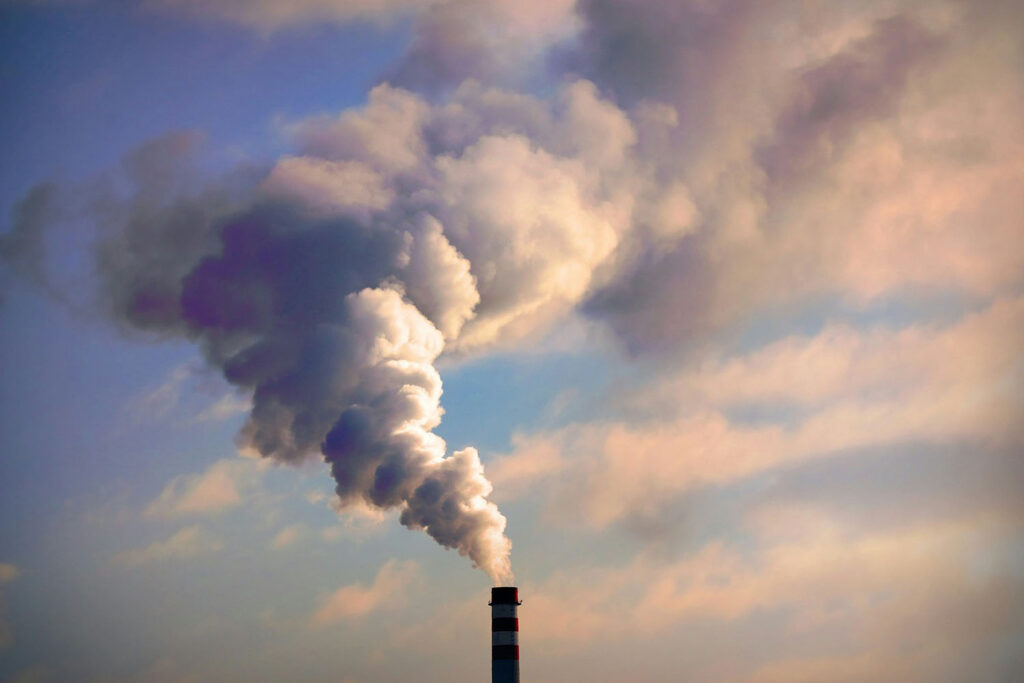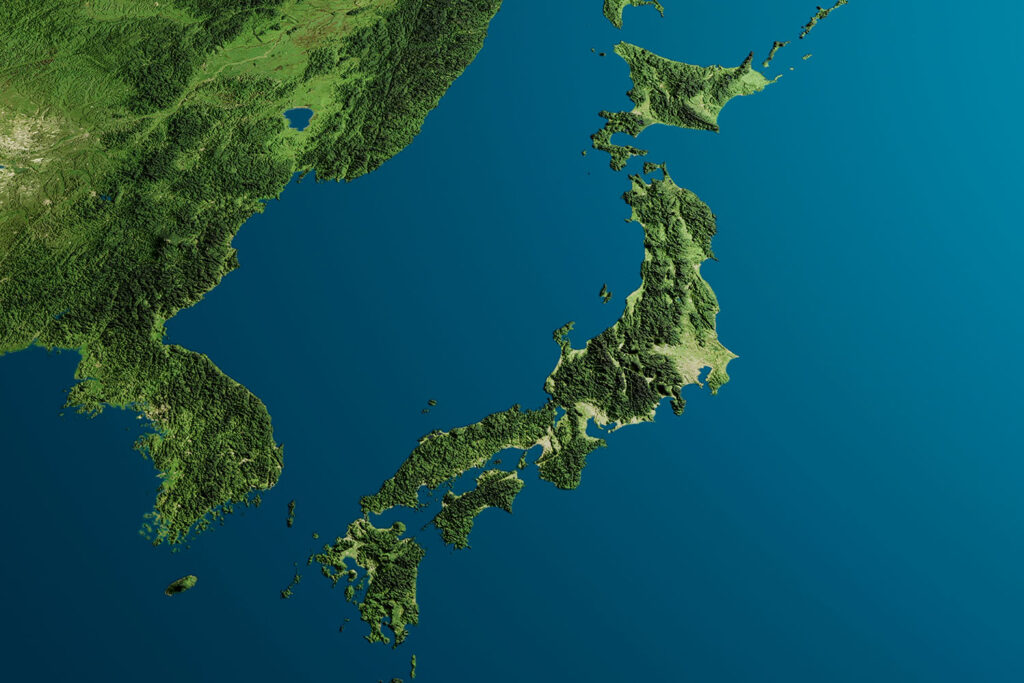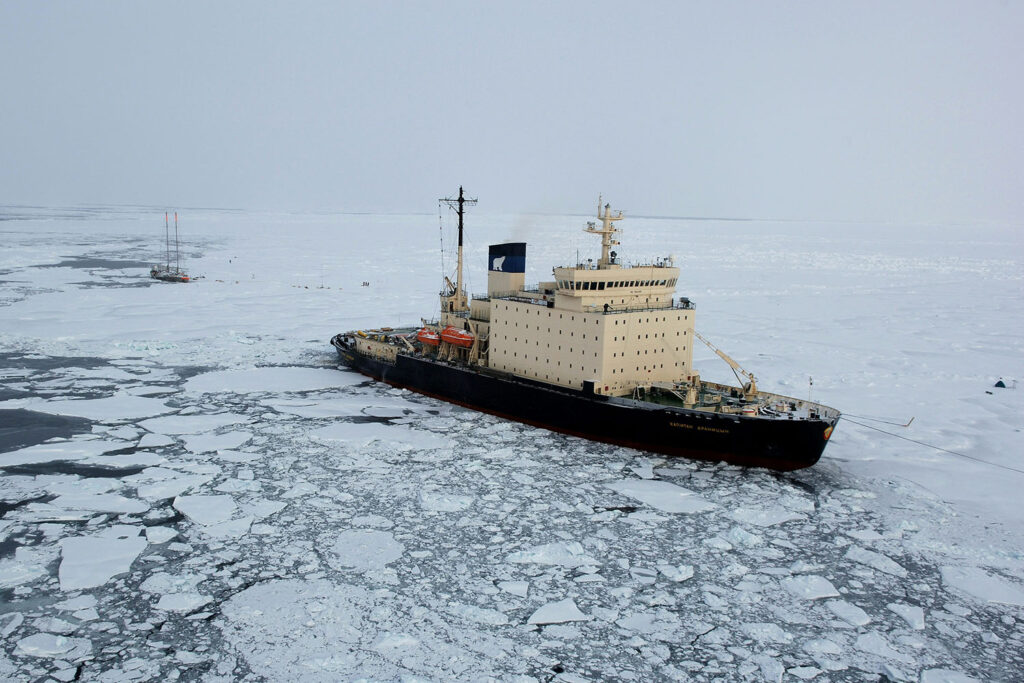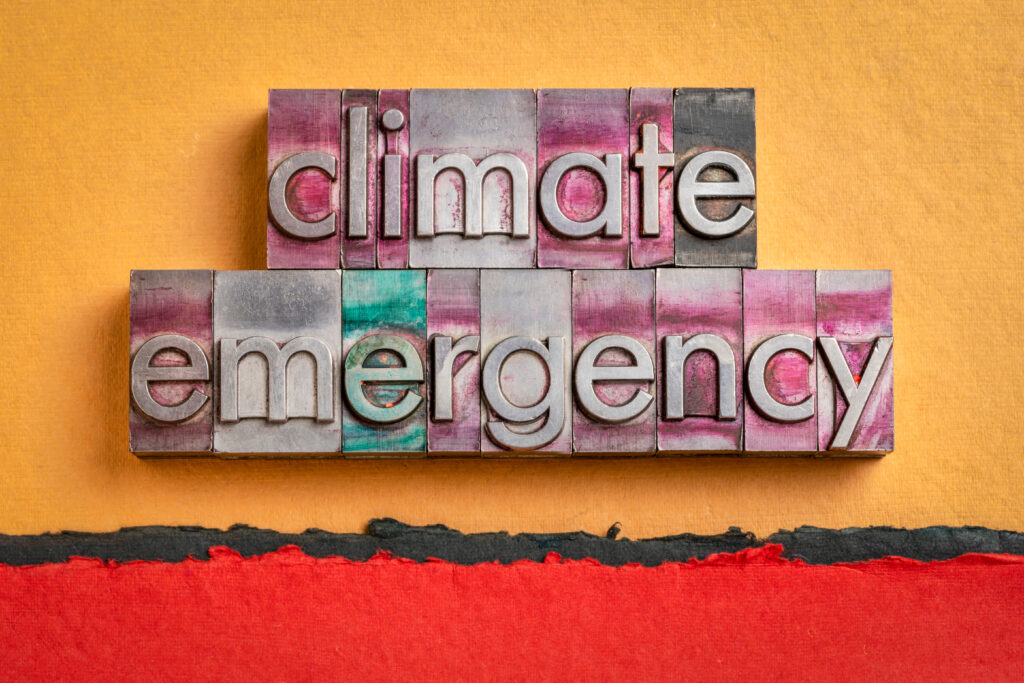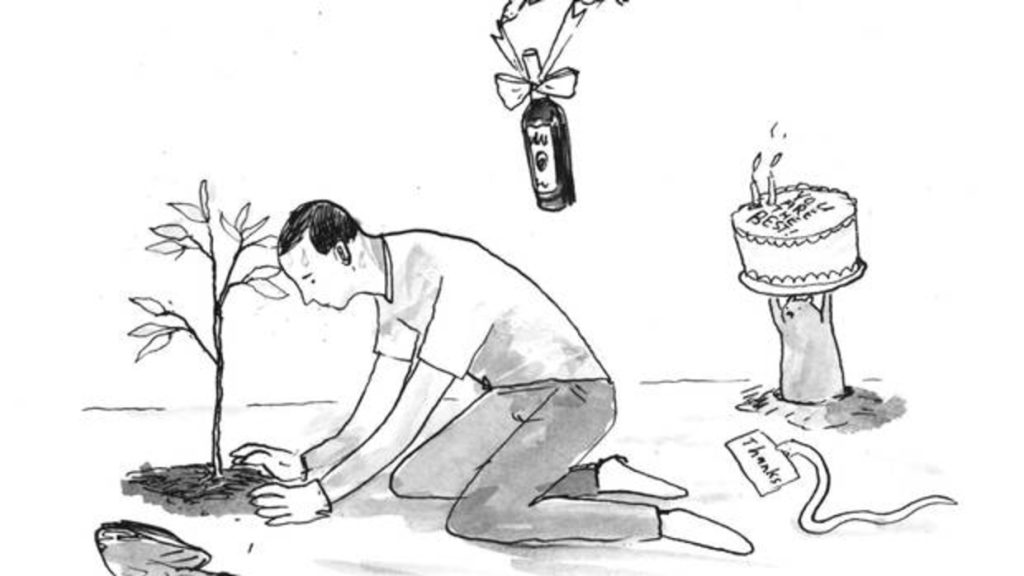Climate Change’s Costs Hit the Plate
In the mid-1980s, when I was a doctoral student at the Massachusetts Institute of Technology and beginning to study climate change, I attended a lecture by a specialist in plant physiology at nearby Harvard University. He spoke about global warming’s impact on crop productivity. He was quite optimistic. More carbon dioxide in the air, he explained, causes certain kinds of plants to grow faster. So, on balance, food output should rise in a warmer and CO2-rich world.
